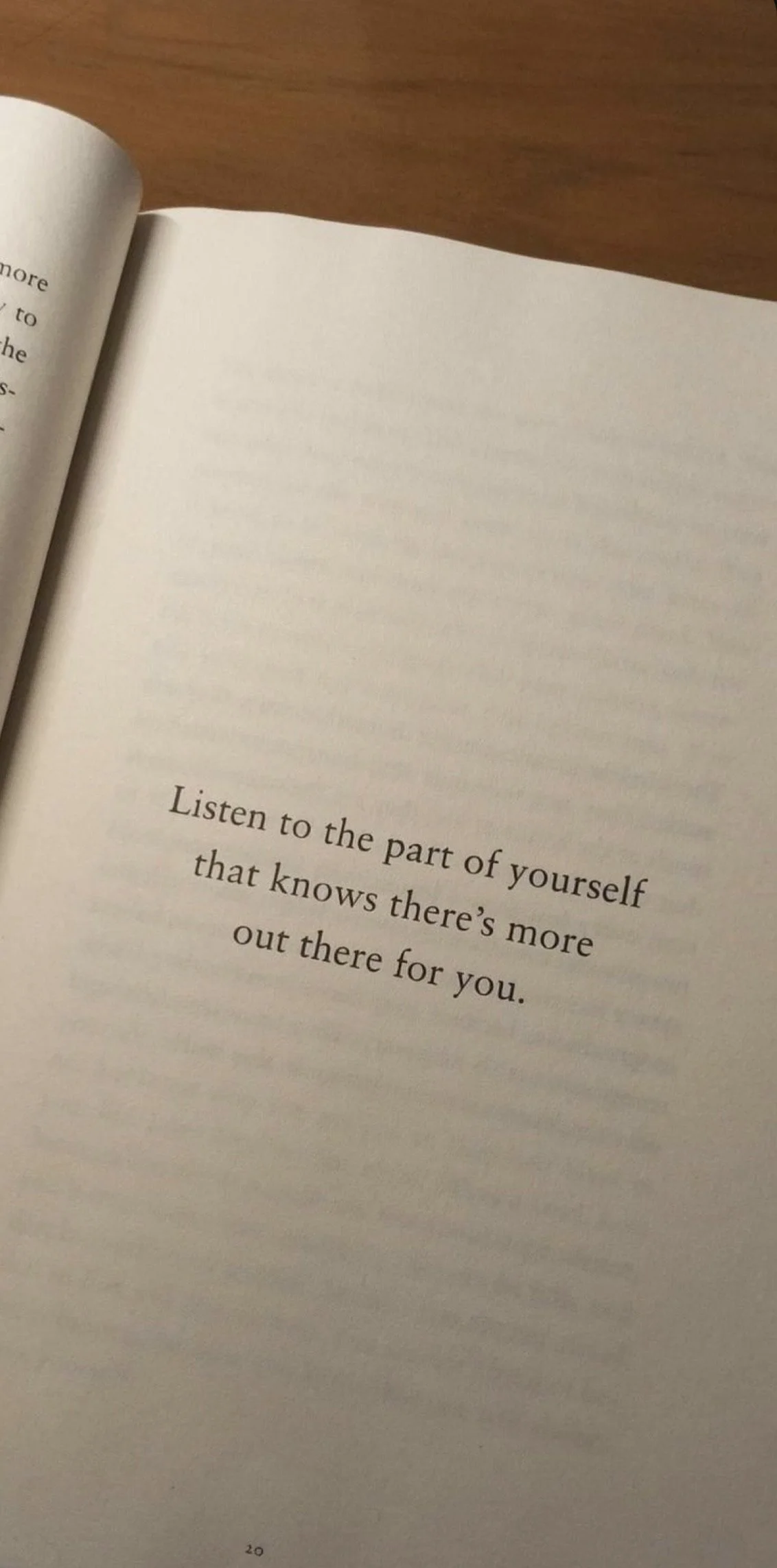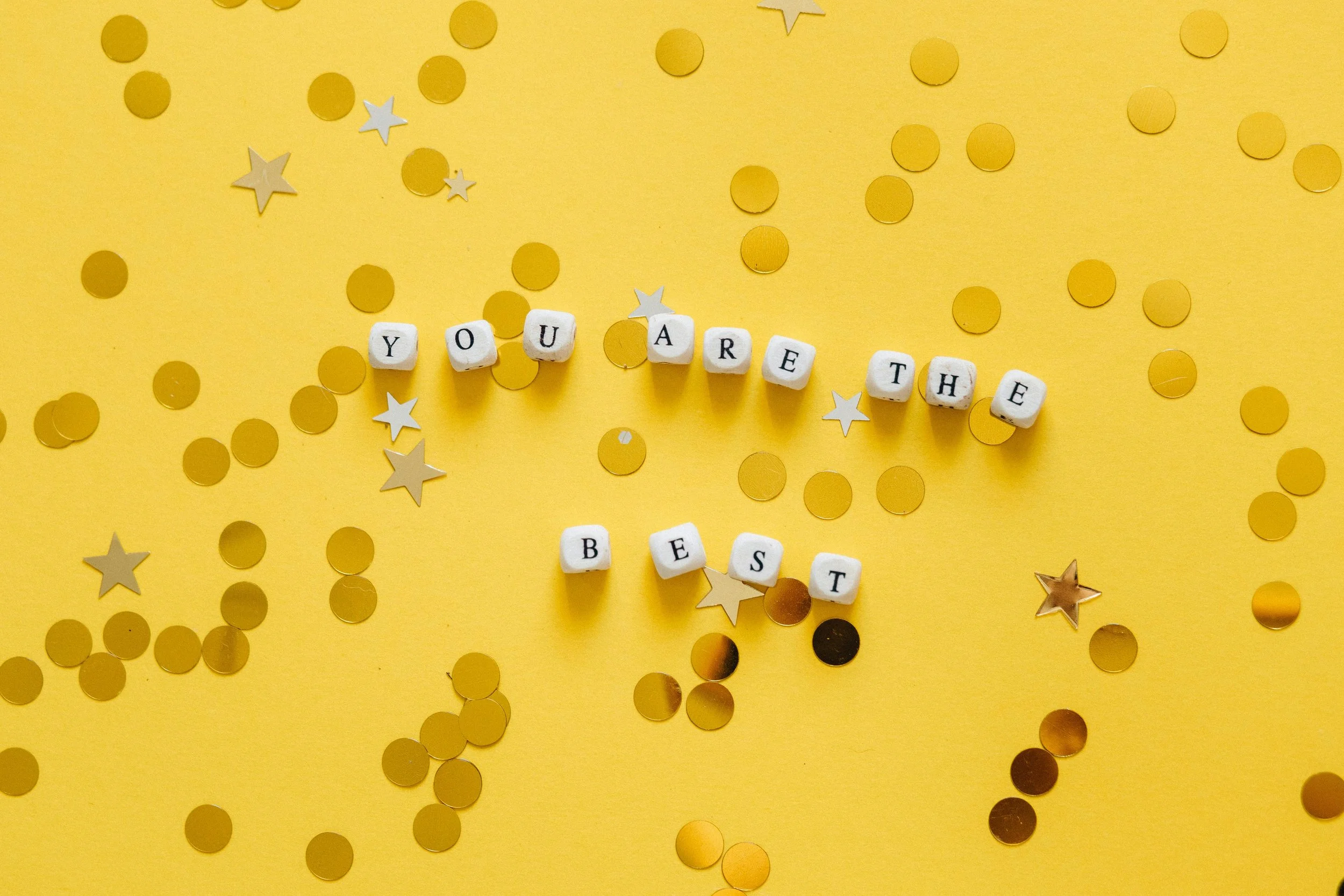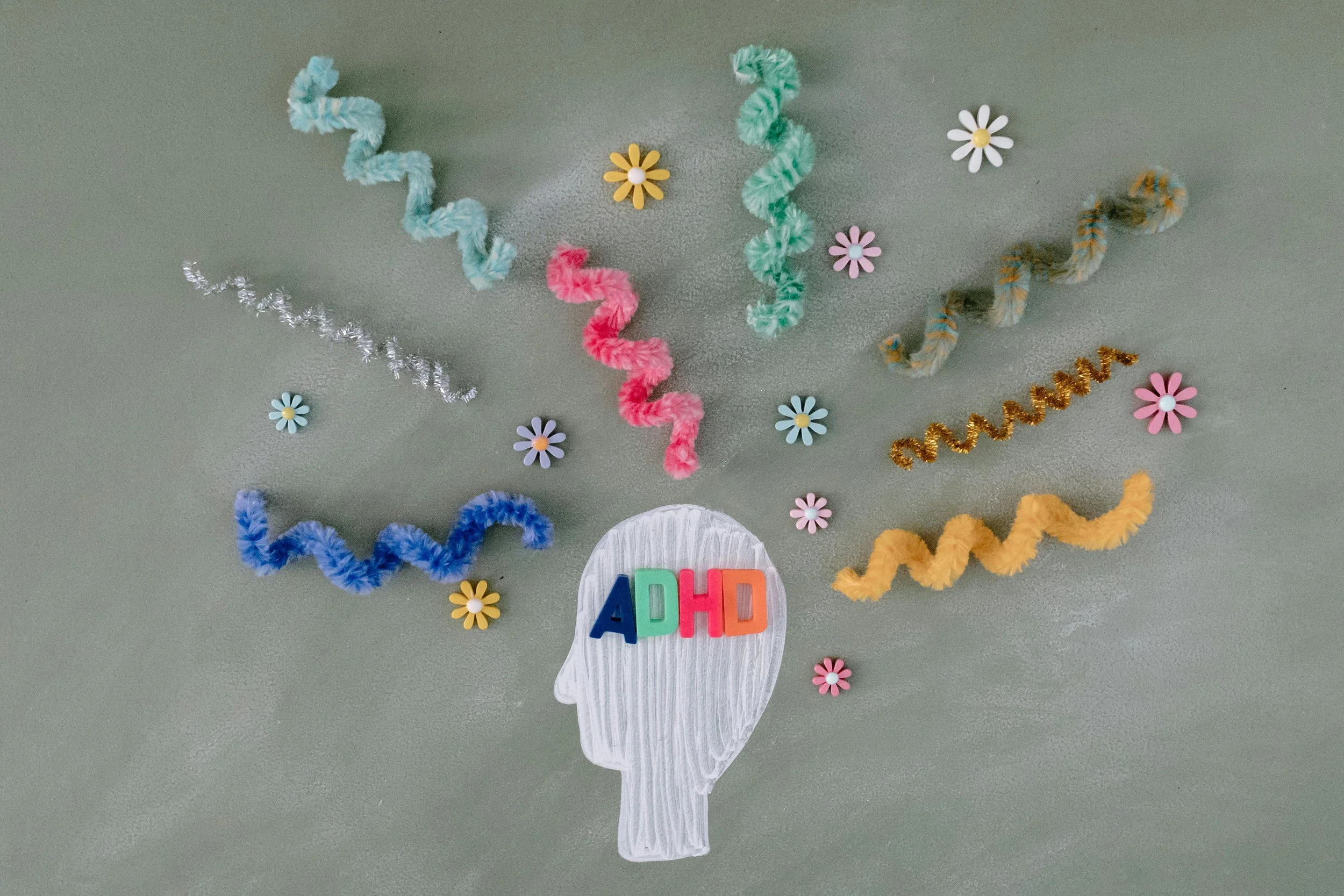
Why Your Brain Feels Like Chaos (And How Character Strengths Can Fix It)
Ever feel like your brain has two modes: "laser-focused on things that don't matter" and "can't focus on anything that actually does"?
You're scrolling through your phone at 2 AM researching the migration patterns of arctic terns (fascinating, by the way), but somehow you can't bring yourself to start that assignment that's been staring at you for three weeks. Your friends come to you for advice because you always know exactly what to say, yet you can't figure out why organizing your own life feels like solving calculus blindfolded.
Here's what nobody tells you: your brain isn't broken. You're just trying to force a square peg into a round hole, and frankly, both you and the hole are getting pretty frustrated with the whole situation.

From Meltdowns to Breakthroughs: Understanding ADHD Emotional Regulation
The text came at 2:47 PM: "Can you please call me? Emma had another meltdown at school and I don't know what to do anymore."
When I called back, the mom was crying. "She threw herself on the floor because someone used the red crayon she wanted. She's eight—shouldn't she be past this by now? I feel like I'm failing her."
If you're reading this and your heart is pounding because it sounds exactly like your life, take a deep breath. You're not failing your child. And your child isn't broken or immature.
ADHD emotional regulation challenges aren't about maturity, intelligence, or your parenting skills. They're about neurology. Your child's brain literally experiences emotions at volume level 11 with a broken off-switch.
But here's what changed everything for Emma's family (and hundreds of others): understanding what's really happening in the ADHD brain during emotional storms and learning specific tools to help navigate them.
Discover why ADHD brains have intense emotions, learn the CALM method for handling meltdowns, and get practical tools for building lifelong emotional intelligence...

The Ultimate Guide to Positive Reinforcement for ADHD Children
"Good job!" you say enthusiastically as your child finally finishes their homework. They give you a blank look and wander off. You wonder why positive reinforcement isn't working when every parenting expert swears by it.
Here's the secret: most of us think we're using positive reinforcement when we're actually missing the mark completely. Generic praise falls flat with ADHD brains. Sticker charts work for two days, then gather dust. And promised rewards somehow lose their magic.
But what if I told you there's a way to make positive reinforcement absolutely irresistible to ADHD brains? A way that doesn't just change behavior but builds genuine confidence and motivation?
ADHD brains have what researchers call a "dopamine deficit"—they're literally starving for the chemical that drives motivation. When you understand how to feed that hunger properly, everything changes. Your child stops seeing themselves as someone who "can't do anything right" and starts experiencing genuine success and pride.
Discover the science-backed strategies that make positive reinforcement work for ADHD brains, plus age-appropriate tools and troubleshooting tips...

Why Punishment Backfires with ADHD Kids (And What to Do Instead)
Your ADHD child forgets their homework for the third time this week. The voice in your head screams, "They need consequences!" So you take away screen time, assign extra chores, maybe add a lecture about responsibility.
But here's what happens next: the behavior doesn't improve. In fact, it might get worse. Your child becomes more defiant, starts hiding mistakes, and you feel like you're stuck in an endless cycle of punishment and resistance.
What if I told you this isn't because your child is stubborn or because you need stricter consequences? What if the real problem is that punishment literally backfires with ADHD brains?
It's like trying to train a dolphin using techniques designed for training a horse. They're both intelligent, but they need completely different approaches. ADHD brains are wired for curiosity, creativity, and connection—and they shut down when they feel criticized or controlled.
Let me show you what actually works instead...
Learn the neuroscience behind why punishment fails and discover the positive strategies that create real, lasting change...
